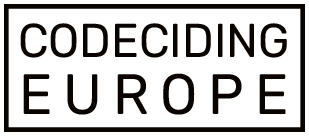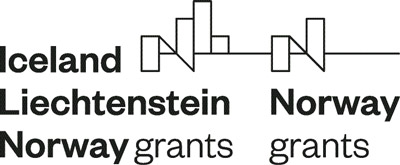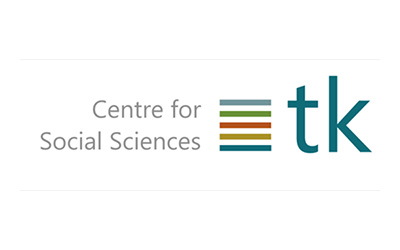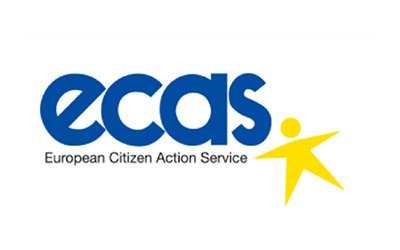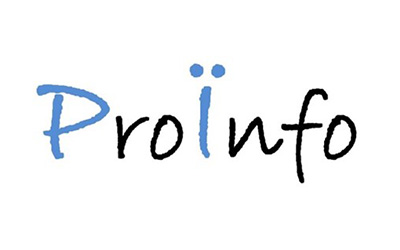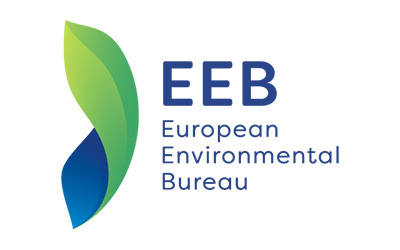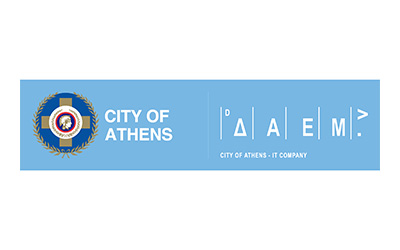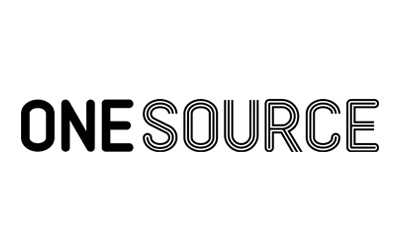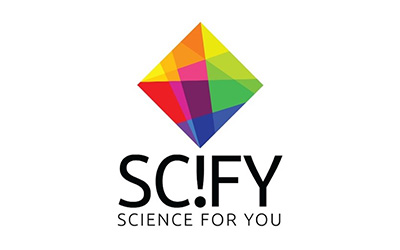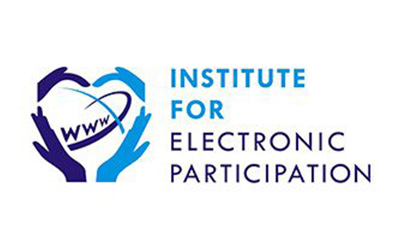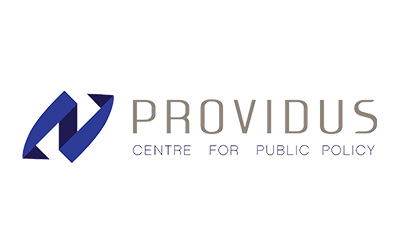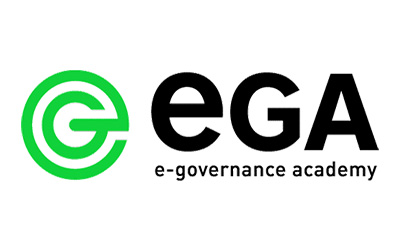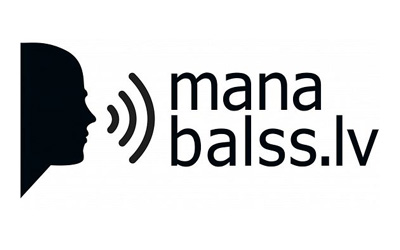Activity 1: Crowdsourcing on ‘Air Quality’
CODE Europe is a project about empowering citizens to co-create policies with decision makers through Crowdsourcing. Crowdsourcing is a participatory democracy mechanism that takes advantage of the availability of technological solutions to solicit and analyse “the wisdom of the crowd”. We want to empower citizens by giving them the opportunity to learn from each other, collaborate and participate in the decision-making.
The CODE Europe project is piloting a Crowdsourcing activity in five European countries on the subject of air quality. We have chosen this specific topic because of its transnational nature and the problems associated with it, as it has been estimated to be responsible for more than 400.000 premature deaths each year.
The consortium has four technological partners (ManaBalss.lv, Citizens Foundation, OneSource, SciFY) who design and develop the relevant platforms which are being used for the implementation of the four crowdsourcing phases:
- 45 888 European citizens took part in Phase One of the crowdsourcing, ‘Problem Mapping’ which ran from January till March 2022. The citizens were asked to identify specific problems related to air quality that they encounter in their daily life. Read more.
- 44 719 European citizens participated in Phase Two, ‘Problem Solving’ which ran from April to July 2022. The citizens were asked to propose solutions to the air quality problems they had mapped in Phase 1. Read more.

3. 6 487 European citizens participated in Phase 3, ‘Ideas Selection’ which ran from August till October 2022. The citizens were asked to register and identify digitally in order to evaluate and selected which of the solutions proposed in Phase 2 they support, in order to put forward to policy makers on the EU, national and local level the most popular ideas and priorities. Read more.
4. 1 130 European citizens participated in Phase 4, ‘Policy Formulation’ which ran from October 2022 till 15 January 2023. Citizens had to register and digitally identify themselves to take part in this phase, where they helped edit policy proposals on air quality developed on the basis of the previous three phases together with experts in the field guided by the European Environmental Bureau.
Based on the crowdsourced contributions of EU citizens, CODE Europe has developed and presented to policy-makers TEN proposals how to improve air quality in Europe:
- More green space in cities
- Increased cycling and walking infrastructure and its quality
- Taxing big polluters
- Support renewable energy infrastructure
- Strengthen public transport network in non-urban areas
- Establish rules to get Zero Emission industries
- Enforce improved building insulation
- Electrifying bus fleets
- Establish a speed limit of 30 km/h in cities
- Support workshops and school programmes to increase awareness about air pollution an environmental protection.
CODE Europe Policy proposals – full list
The Crowdsourcing on air quality was implemented from 1 January 2022 till 15 January 2023 in 6 cities across Europe: Athens (Greece), Riga (Latvia), Tallinn (Estonia), Lisbon (Portugal), Burgas (Bulgaria) and Budapest (Hungary).
Activity 2: Digital Dashboard on ‘Air Quality’
CODE Europe includes the development and implementation of a Digital Dashboard for social listening in order to gather online opinions on the issue of ‘air quality’.
The project specifically focuses on ethical ‘social listening’ which benefits from the availability of big data while protecting individual privacy and safeguarding citizens against inappropriate access to and use of data. The consortium will test the social listening method to increase the reach to citizens’ opinions on ‘air quality’ beyond those already actively engaged in the Crowdsourcing activity.
The donor expertise partner from Iceland – Citizens Foundation, is developing the technological tool for social listening, the Digital Dashboard. The creation of the Digital Dashboard, to capture public online conversations on the topic of ‘air quality’, includes the following four steps:
- Collecting and scraping the data;
- Social listening mechanisms;
- Categorisation process;
- Creation of an automated system – the Digital Dashboard.
The combination of social listening and Crowdsourcing is intended to improve the understanding of stakeholders what the public at large thinks about ‘air quality’ and the possible solutions for policy-makers.
Activity 3: E-Participation Assessment Framework and Ethical Guidelines for Social Listening
CODE Europe’s ambition is to answer two major research questions: 1. How can we define the success of an e-participation project? and 2. How can we make sure we are doing online social listening in an ethical way?
- We have developed a universally applicable methodology for assessment of e-participation experiences. The E-Participation Assessment Framework allows objective comparison of the impact of e-participation projects across time and geographical space ensuring systematic and impactful knowledge-sharing, exchange of good practices and capacity building. The partners, led by e-Governance Academy, will implement a comparative analysis of cases on the basis of a jointly developed assessment framework with the goal of creating a final “check list” of success factors for e-participation initiatives. The Assessment Framework will be applied to the project’s Crowdsourcing pilots in order to collect feedback, validate and improve the methodology.
- We commit to carrying out the social listening of the project in compliance with strictly defined Ethical Guidelines. These Guidelines ensure that the project will perform social listening with integrity and a sense of responsibility when dealing with personal data, in line with the expectations of European citizens and current legislation.
Activity 4: Events and Awareness Raising
CODE Europe is organising a variety of national, regional and pan-European events aimed at raising public awareness about the crowdsourcing activities and the resulting policy recommendations.
Virtual Study Tour in Iceland
This virtual visit to Iceland, the first big CODE Europe event, was all about sharing the experience of the country in participatory democracy and crowdsourcing; and learning from the Iceland Citizens Foundation, a nonprofit which helps governments connect...
Conference in Lisbon
On December 14, 2021 our partners in Portugal, OneSource, developers of one of the crowdsourcing platforms of the project, and organisers of the crowdsourcing pilot in Lisbon, organized the first large scale public face to face event of the CODE Europe project. The...

Activity 5: Policy Recommendations

CODE Europe is both a transnational experimentation of e-democracy platforms for the co-creation of policies and a research project on e-participation.
Thanks to the crowdsoucring process CODE Europe has come up with ten policy proposals for improving air quality at the EU level.
We are now calling upon the EU institutions and representatives to take into consideration the concerns and recommendations proposed by European citizens on this important issue that affects their daily lives.
The results of the Crowdsourcing and social listening activities have been evaluated using the E-Participation Assessment Framework. Furthermore, citizens’ contributions on the air quality crowdsourcing have resulted in policy proposals which have been presented to the relevant local, national and EU decision makers.
Contact
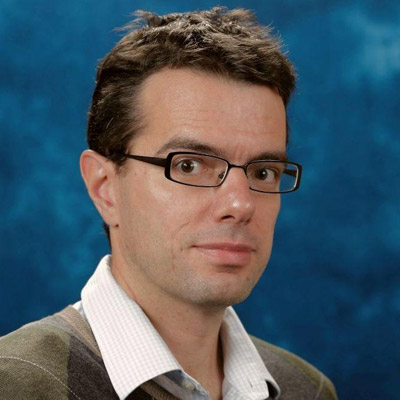
Bence Ságvári
Principal Investigator
Centre for Social Sciences
(Hungarian Academy of Sciences)
bence.sagvari@codecidingeurope.eu



